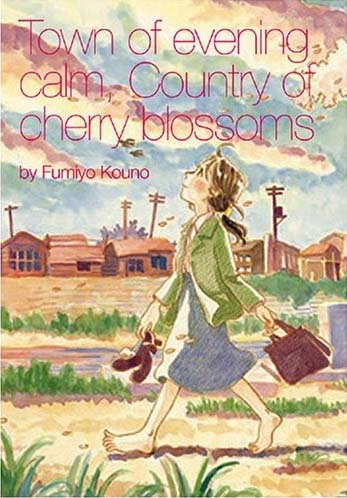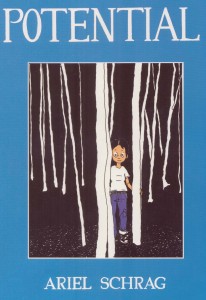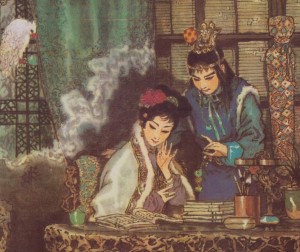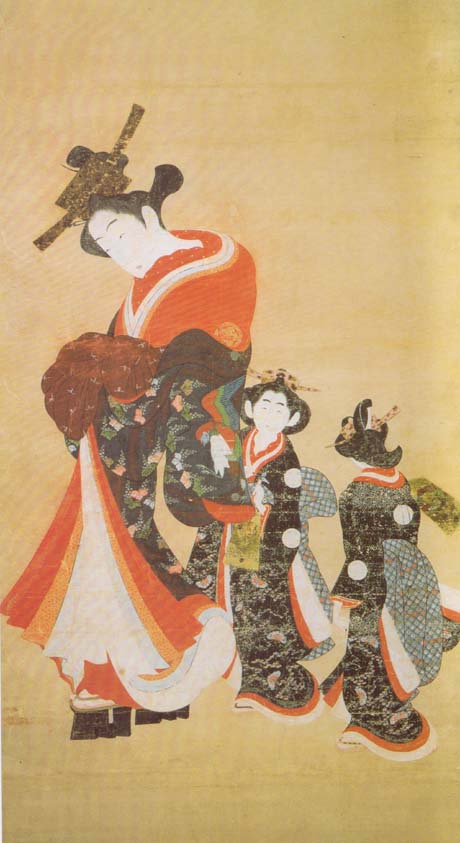“The ultimate defeat is, in short, to forget; especially to forget those who kill us. It is to die without any suspicion, to the very end, of how perverse people are. There is no use in struggling when we already have one foot in the grave. And we must not forgive and forget. We must report, one by one, everything we have learned about the cruelty of man. Otherwise we cannot die. If we do this, then our lives will not have been wasted.”
Louis-Ferdinand Céline, Le Voyage au Bout de la Nuit (as quoted by Kenzaburo Oe in Hiroshima Notes (“On Human Dignity”))

Fumiyo Kouno’s famous work on the after effects and survivors of the Hiroshima bomb needs little by way of introduction. Town of Evening Calm, Country of Cherry Blossoms has won a Tezuka prize and has received near unanimous acclaim from American comic critics. This includes a book of the year citation from Dirk Deppey as well as high and consistent praise from the noted manga critic, David Welsh, who counts it among his very favorites.
The opening pages of Kouno’s narrative are intentionally filled with a sense of the ordinary: there is a period of communion over a recently finished dress; the protagonist’s, Minami’s, tranquil passage through the city of Hiroshima with its period detail; and her quiet austerity as she collects bamboo wrappers to make a pair of sandals. The gentle rhythms of life and conversation are interrupted only by Minami’s exclamations and flashbacks. Her past ordeals are inseparable from her present reality and triggered by the simplest of suggestions: in one instance, that she would make “a good wife” and, later, a combination of memory and the senses as the shadows, heat and steam of a bathhouse produce unwelcome reminiscences. Another flashback is triggered by the hint of romantic love which becomes mixed with descriptions of swollen bodies, melting shoes and of walking over the dead. Her friends and family remain at a distance, almost placid observers of her gradual descent into darkness. It is this tragic lyricism, the slow but measured pace conferring a sense of dignity, which seems to have earned Kouno’s story a place in so many readers’ hearts.
Continue reading →




